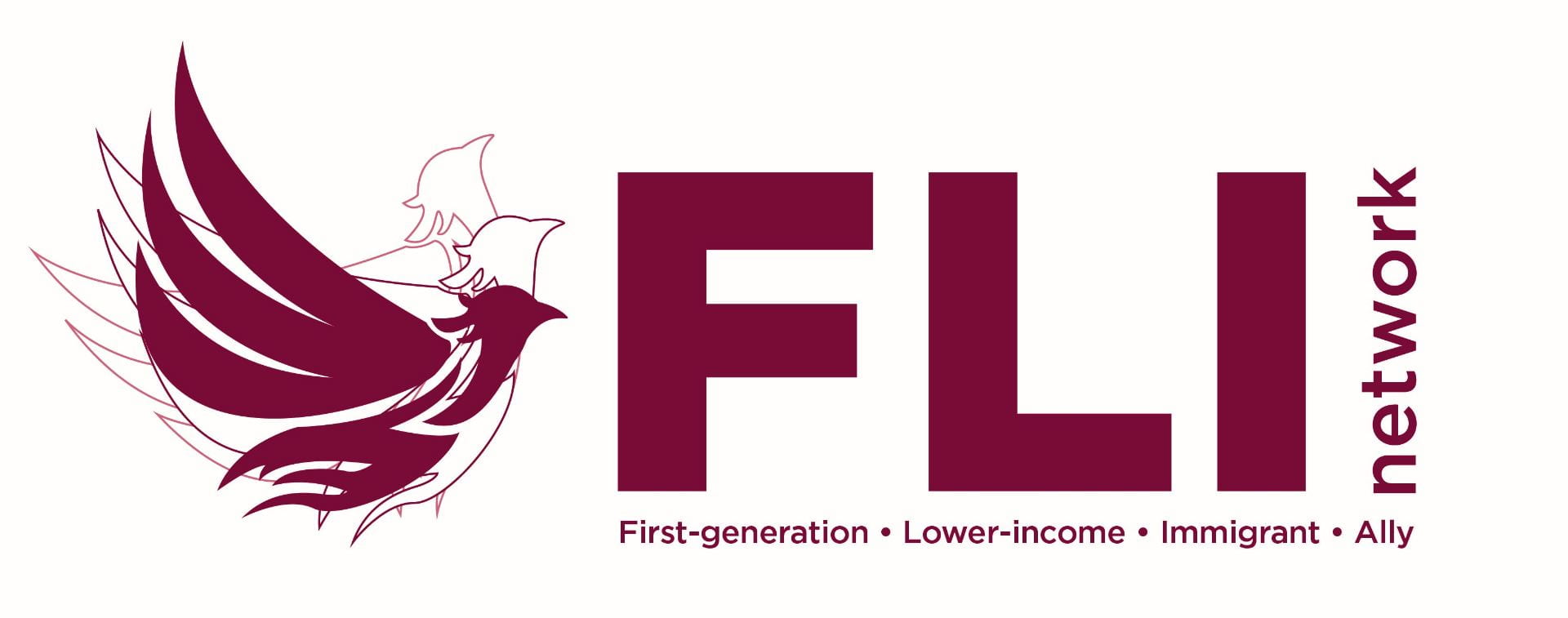 Professor Anastasia Giannakidou strives to create a sense of belonging for students and peers by championing multilingualism and auditory diversity and inclusion. A Professor of Linguistics and Director of the Center for Hellenic Studies at the University of Chicago, Giannakidou shares her stories of sacrifice, struggle, and success to inspire fellow members of the FLI community.
Professor Anastasia Giannakidou strives to create a sense of belonging for students and peers by championing multilingualism and auditory diversity and inclusion. A Professor of Linguistics and Director of the Center for Hellenic Studies at the University of Chicago, Giannakidou shares her stories of sacrifice, struggle, and success to inspire fellow members of the FLI community.
Following are highlights of our conversation:
Q. How did your affiliation with the First-generation, Lower-Income, and Immigrant (FLI) community influence your choice of profession?
A. My parents came to Greece as refugees from Turkey and the Soviet Union. I was born in a small town on the foot of Mt. Olympus that was close to Thessaloniki. My family spoke a different dialect of Greek, called Pontic Greek. As a student, I came to love languages and linguistics. I studied Greek at the University of Thessaloniki. When I was 25 years old, I went to the Netherlands to pursue a PhD in philosophy of language and linguistics.
Q. What was the greatest struggle that you faced as a student? What helped you overcome that challenge?
A. While the Netherlands was a very hospitable and welcoming place, sometimes I experienced a feeling of not belonging. Due to differences in language and cultural backgrounds, this feeling holds for many of the international students here as well. Immigrant students are aware of how they sound and the potential bias that comes along with having an accent. When we talk about diversity, we tend to talk about the way people look, not the way people sound. But for many of us with an accent, bias and prejudice are very real. We experience it regularly, sometimes in benign ways. When I speak with a non-native accent – which is not a choice- even as an accomplished scholar, I see that people are reluctant to listen the way they would to a native speaker. Auditory diversity is often overlooked.
Q. What advice would you give to your 20 year old self?
A. When you are 20 years old, you are very enthusiastic. At the same time, you are also scared. A lot of immigrant students come from a place of humility, probably because they had to give something up when they decided to come here. Moving away to join the College or pursue graduate study is always a big change. But international students also have to give up their country and their familiar ways. My advice would be to not feel inferior because the new place does not feel like home yet. Maybe one feels like a guest in a foreign country. But, try to understand the culture around you and try to integrate, while at the same time, be proud of your own heritage. Try to be positive and in doing so you will learn to assert yourself for who you are. Slowly, you will learn to view your differences as advantages— such changes are not going to be wholesale, but gradual.
Q. What steps can the UChicago community take to better support FLI members?
A. I always advocate in favor of more language support for our students. Students should have free coaching to improve their accents or their linguistic performance. They should also have more cultural support in the form of events that are held systematically and consistently. For example, Doc films can pick a new country every month and screen a movie from that region. Other student organizations, such as the Maroon, can publish more articles focused on the experiences of international students. In terms of curriculum and research, we need to study bilingualism as an academic field more systematically at this University. Right now, the lack of systematic bilingual studies is an embarrassment because we are a very international community at the College and the Lab School. Students and faculty of accent bring diverse cultural experiences that deserve to be studied and appreciated.
Q. What has been your proudest moment?
A. Personally, my greatest successes are my children. I really want to emphasize that you do not have to choose between career or family. You can have both. Having children helped my career because it made me use time more efficiently. Professionally, I have a lot of proud moments. One of them was defending my PhD thesis in Dutch because I learnt Dutch in the four years that it took me to complete my PhD. Completing my PhD was also the moment that I asserted myself as an independent researcher. Another proud moment was when I started advising my own students. Advising is very important because it is an opportunity to help your students grow; to help them become independent scholars and even to argue against you. My students are my intellectual children and I care for them deeply.
